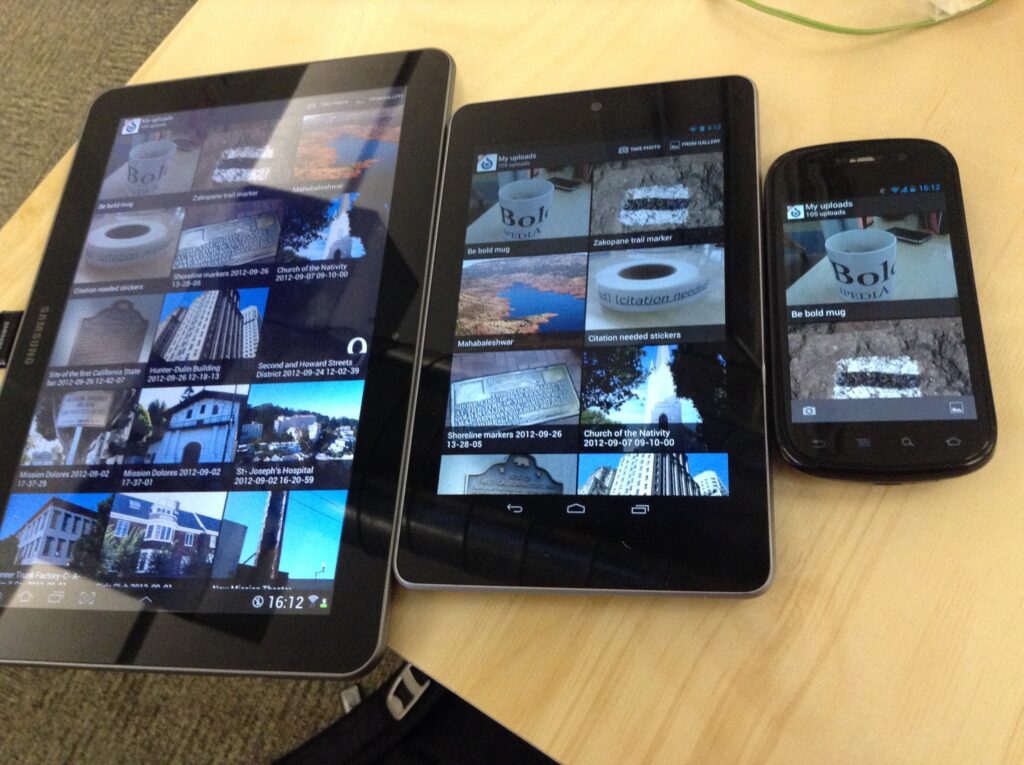
In today’s rapidly evolving technological landscape, the demand for skilled mobile application developers is higher than ever. Mobile apps have become an integral part of our daily lives, offering solutions to various needs and enhancing user experiences. If you’re eager to embark on a rewarding journey in the world of mobile application development, this beginner’s guide is here to help you understand the key steps and skills required to become a successful mobile application developer.
Understanding the Role of Mobile Application Developers:
Mobile application developers are responsible for creating software applications specifically designed for mobile devices, such as smartphones and tablets. These professionals collaborate with designers, product managers, and other stakeholders to bring innovative and user-friendly apps to life. The development process involves coding, testing, debugging, and optimizing apps for performance and user experience.
Step 1: Acquire the Necessary Education and Skills
Educational Background:
While a formal education is not always mandatory, having a degree in computer science, software engineering, or a related field can provide a solid foundation. Many successful developers also acquire relevant certifications to enhance their credentials.
Programming Languages:
Familiarize yourself with programming languages commonly used in mobile app development, such as Java, Kotlin (for Android), Swift (for iOS), and JavaScript (for cross-platform development).
Development Tools:
Learn how to use popular mobile app development tools and environments like Android Studio (for Android), Xcode (for iOS), and frameworks like React Native or Flutter for cross-platform development.
Step 2: Choose a Mobile Platform
Android Development:
If you choose to specialize in Android app development, focus on learning Java or Kotlin, as these are the primary languages used for Android apps.
iOS Development:
For iOS development, concentrate on mastering Swift, the preferred language for building apps on Apple’s platform.
Cross-Platform Development:
Consider learning cross-platform frameworks like React Native or Flutter, enabling you to develop apps that run on both Android and iOS platforms with a single codebase.
Step 3: Build a Strong Foundation in App Design
User Interface (UI) and User Experience (UX) Design:
Understanding the principles of UI/UX design is crucial for creating visually appealing and user-friendly applications. Familiarize yourself with design tools and best practices in creating intuitive interfaces.
Responsive Design:
Learn to develop applications that adapt seamlessly to various screen sizes and resolutions, ensuring a consistent user experience across different devices.
Step 4: Gain Practical Experience
Personal Projects:
Undertake small, independent projects to apply your knowledge and showcase your skills. Building a portfolio of your work will be valuable when seeking employment.
Internships and Freelancing:
Consider internships or freelancing opportunities to gain hands-on experience, collaborate with professionals, and build a network within the industry
Step 5: Stay Updated and Engage with the Community
Continuous Learning:
The field of mobile app development is dynamic, with new technologies and trends emerging regularly. Stay updated by reading blogs, attending conferences, and participating in online courses.
Networking:
Join developer communities, forums, and social media groups to connect with experienced professionals, ask questions, and stay informed about industry developments.
Conclusion:
Becoming a mobile application developer requires a combination of education, practical experience, and a commitment to continuous learning. By following this beginner’s guide and staying dedicated to honing your skills, you can embark on a fulfilling career in the exciting and ever-evolving field of mobile app development. Remember that persistence, creativity, and a passion for problem-solving will set you on the path to success in this dynamic and rewarding profession.






